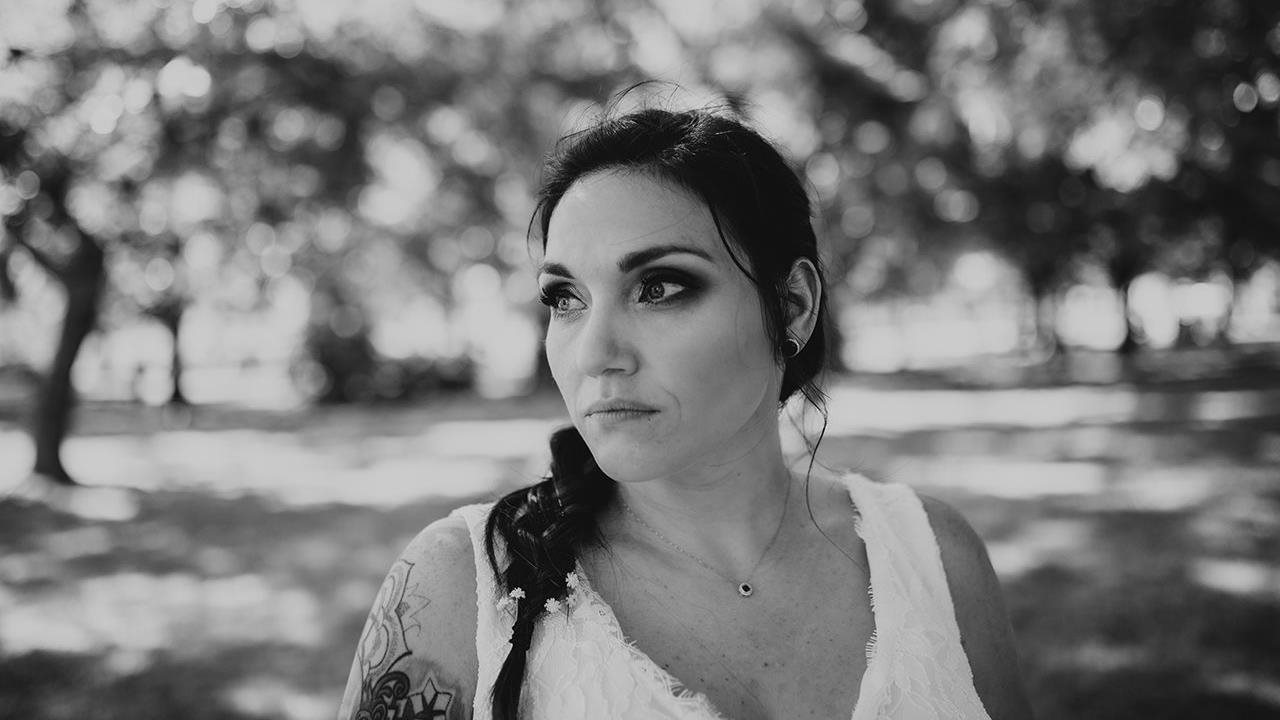An Unexpected Burden: Life with Post-Bariatric Hypoglycemia
Posted: July 23, 2025 | Word Count: 678

Sponsored by Amylyx
For years, Jessica has worked in rural South Dakota helping people navigate the complexities of the justice system. As a law enforcement case manager, she's used to solving problems, staying organized, navigating bias, and advocating for others. But unexpectedly after metabolic and bariatric surgery, the skills Jessica used to guide others became essential tools for living with a debilitating condition called post-bariatric hypoglycemia, or PBH.
For many who undergo metabolic and bariatric surgery, the journey toward better health begins with hope. There are a number of established clinical benefits, including the improvement, prevention, or resolution of diseases such as type 2 diabetes, heart disease, hypertension, sleep apnea, and certain cancers. The surgery often results in dramatic weight loss and can reduce long-term mortality risk. Metabolic and bariatric surgery was not initially on Jessica's radar, but after consulting her healthcare provider about her declining health and difficulty with managing daily life, she decided to move ahead. In the years following surgery, Jessica found herself part of a rare subset of people who develop PBH, an often-overlooked, chronic condition.
Jessica returned to enjoying a normal life after having surgery. However, she started noticing that her hands would shake sometimes, or she would develop brain fog after eating. Jessica was experiencing what she now refers to as episodes, which were unpredictable responses to rapid changes in her blood sugar levels. As time went on, she had more intense episodes that were all about an hour or two after she ate. Jessica shared, "The very first time I took my blood sugar, it was 15. I should have been freaked out, but it validated that something was actually wrong after feeling judged and dismissed by my doctors." Jessica's endocrinologist diagnosed her with PBH.
PBH occurs when the body releases too much insulin, usually one to three hours after eating, though there can be other triggers, such as exercise and stress. Oversecretion of insulin causes hypoglycemia, a state in which blood sugar levels drop too low. This can cause sweating, palpitations, blurred vision, dizziness, and impaired cognition, among other symptoms.
It's estimated that around 160,000 people in the U.S. — or roughly 8% of those who have undergone Roux-en-Y gastric bypass (RYGB) or sleeve gastrectomy over the last decade — are living with this condition. Yet, awareness remains low, and PBH is frequently misunderstood or misdiagnosed. A big misconception about PBH is that dietary changes alone can always manage the condition. While nutritional strategies may help some, they are often insufficient, and people still battle the fear and unpredictability of food responses.
For Jessica, the volatility of PBH holds her back from career opportunities and from certain aspects of motherhood that are no longer safe. She leans on her immediate support system for assistance with planning for every aspect of her day. "I would give anything to be able to just throw my kid in the car and go to the park and not have to worry…it would be incredible to have that normalcy," she reflected.
Those who live with PBH, like Jessica, deserve better: better understanding, better support, and better treatments. The current lack of treatment options often leaves people feeling like they have to manage the condition on their own. There are a lot of things that Jessica wishes she had known earlier, but she's proud that she has never stopped searching for answers to help her understand her condition and advocate for others in this community.
Amylyx is a clinical-stage pharmaceutical company conducting research in PBH. "People living with PBH often face an overwhelming journey, one without approved treatment options or widespread understanding of the condition. Sharing stories like Jessica's is an important step toward building awareness and creating a future where people with PBH are heard, understood, and empowered," said Amylyx' Chief Medical Officer Camille L. Bedrosian, MD.
To learn more about PBH and how Amylyx is supporting this community, see Amylyx' PBH Community Guide to Education and Support. If you are interested in learning more about PBH management, please speak with a healthcare provider.
